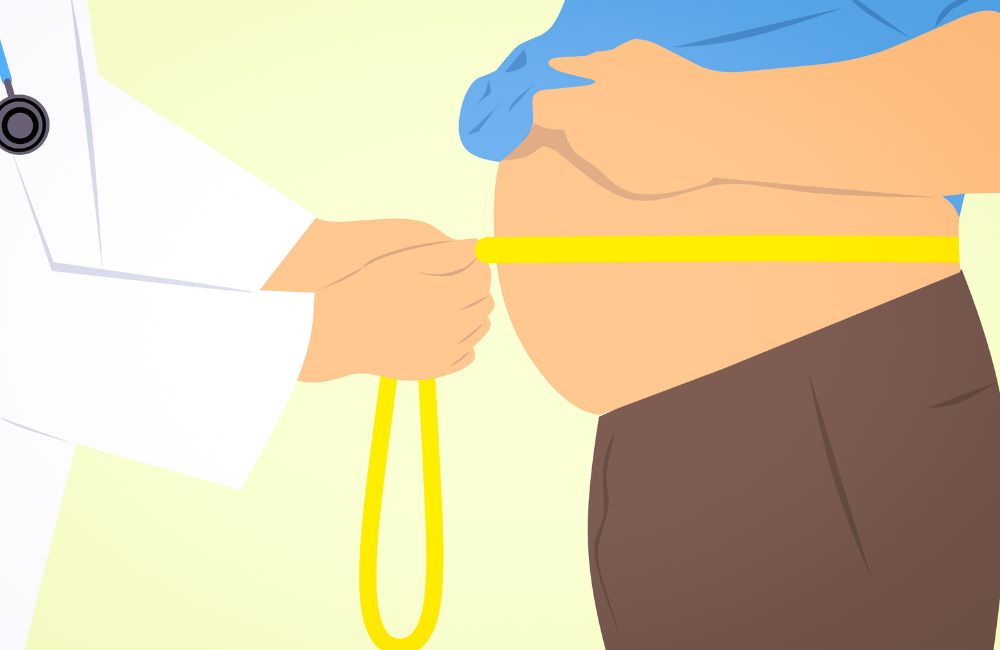
As we age, maintaining a healthy weight becomes more challenging due to the natural decline in metabolism. However, with the right strategies backed by scientific research, it is possible to boost your metabolism and achieve successful weight loss even if you’re over 50.
In this article, we’ll explore seven evidence-based tips that can help you rev up your metabolism, enhance fat burning, and reach your weight loss goals.
How to Lose Weight After 50

You’ll also like:
Don’t Skip This Exercise if You’re Over 50, Says an Expert
7 Best Exercises to Lose Belly Fat After 50, Trainer Says
Prioritize Strength Training
A study published in the journal Obesity (Villareal et al., 2017) found that regular resistance training significantly increases resting metabolic rate and promotes fat-free mass retention, which is crucial for weight management, especially in older adults.
Stay Active Throughout the Day
Research published in the British Journal of Sports Medicine (Thorp et al., 2014) suggests that breaking up prolonged sitting with regular movement and light-intensity activities can have a positive impact on metabolism and weight management.
Consume Adequate Protein
A study published in the American Journal of Clinical Nutrition (Westerterp-Plantenga et al., 2012) highlights the importance of dietary protein for maintaining muscle mass and increasing metabolic rate.
Including protein-rich foods in your diet can support weight loss efforts and preserve lean muscle mass.
Prioritize Fiber-Rich Foods
A review published in the journal Nutrients (Wanders et al., 2018) indicates that high-fiber diets can increase postprandial thermogenesis and boost metabolism. Consuming fruits, vegetables, whole grains, and legumes can provide the necessary fiber for weight management.
Hydrate Well
Research published in the Journal of Clinical Endocrinology and Metabolism (Boschmann et al., 2003) suggests that drinking water can temporarily increase metabolism by enhancing energy expenditure. Staying adequately hydrated is essential for optimizing metabolic processes.
Get Sufficient Sleep
Numerous studies have linked inadequate sleep to alterations in metabolism and increased risk of weight gain. Research published in the American Journal of Clinical Nutrition (Nedeltcheva et al., 2010) shows that sleep deprivation can negatively affect appetite-regulating hormones and impair metabolic rate.
Manage Stress Levels
Chronic stress can impact metabolism and weight management. A study published in the journal Obesity (Daubenmier et al., 2016) indicates that stress management techniques, such as mindfulness-based practices, can positively influence metabolic health and aid in weight loss.
Conclusion
Incorporating these evidence-based tips into your lifestyle can help boost your metabolism, support weight loss, and improve overall health after 50.
Remember, maintaining a healthy weight is a gradual process that requires consistency and patience.
It’s essential to consult with a healthcare professional before making any significant changes to your diet or exercise routine.
By adopting a holistic approach that includes strength training, regular physical activity, proper nutrition, hydration, sufficient sleep, and stress management, you can optimize your metabolism and achieve successful weight loss goals even as you age.


